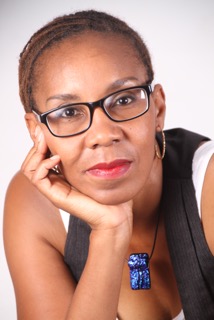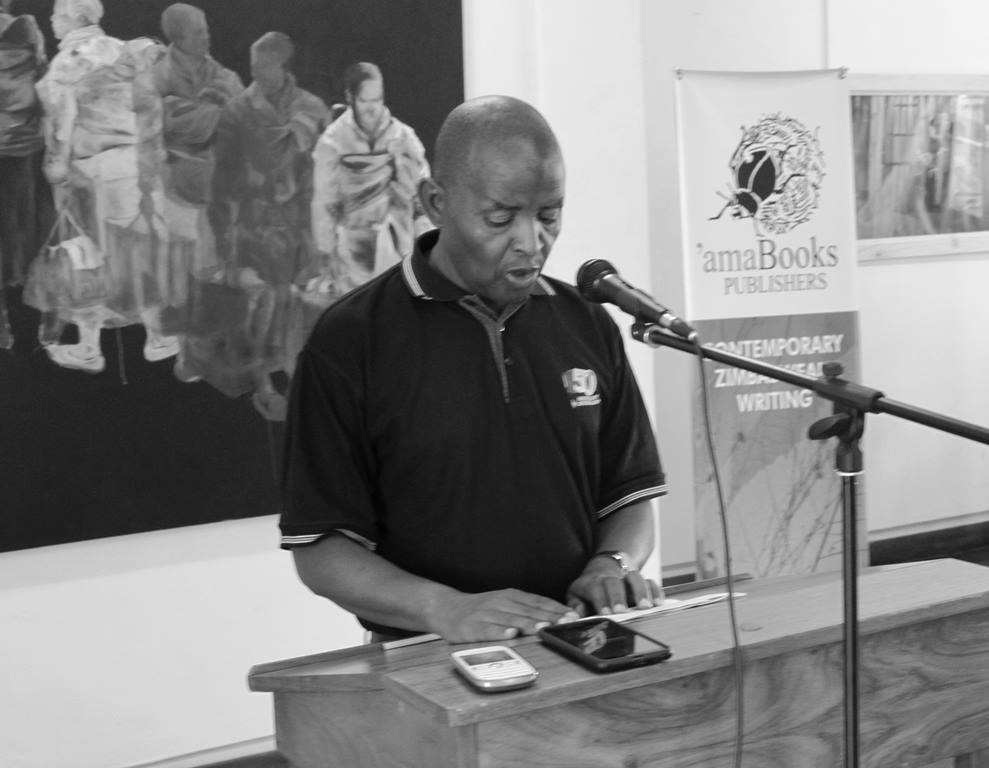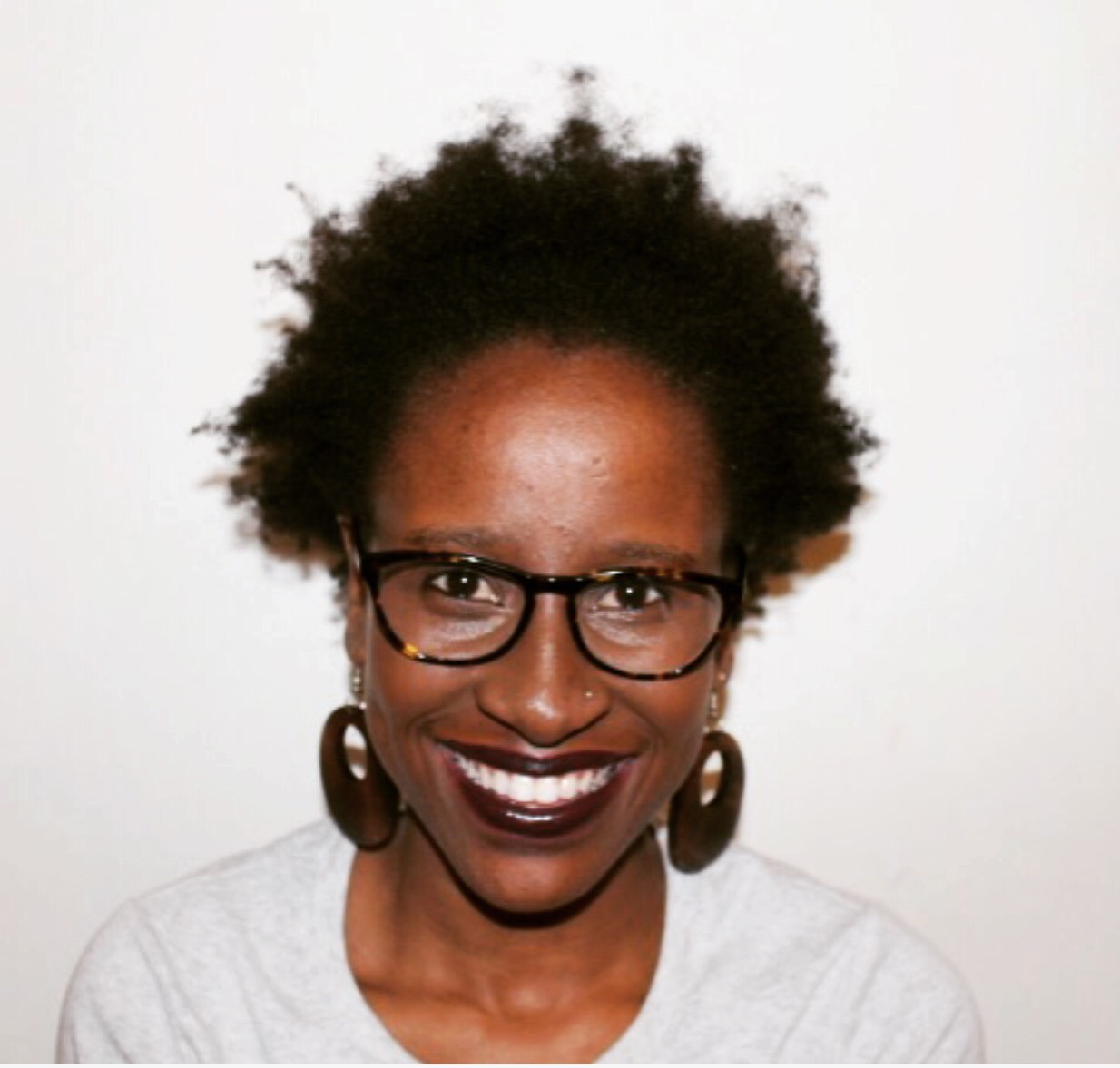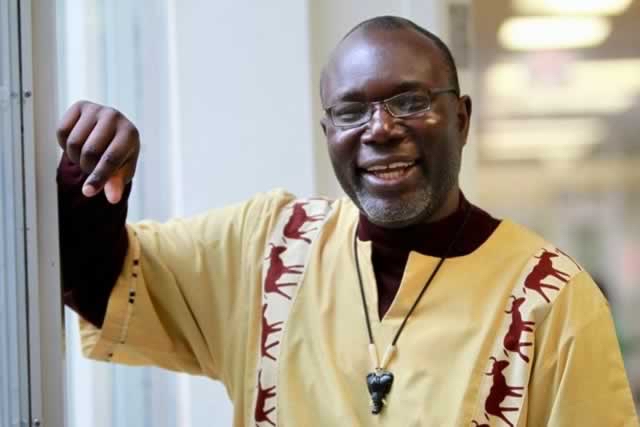
I don’t know why some people like reading and others don’t, except somewhere along the line I think those who find reading boring haven’t been pointed in the right direction. When I say ‘the right direction’ I don’t mean towards what is considered ‘good’ or high-brow literature, but what is enjoyable, what makes you sit immersed in another world for hour upon hour, hesitant to re-join reality.
As a child, I devoured books. I remember reading so much, my mother worried about it. I loved adventure and mystery; far-off lands where magical things happened. My first forays into literature were with school set texts: Animal Farm and The Mayor of Casterbridge, stories that have stayed with me for years, perhaps because I had to learn huge chunks of quotes! Mrs Dalloway was one of the first literary books I chose to read myself. I read it in the holidays before I left school. It was August and I was working at a plant nursery. The combination of Spring, the blossoming flowers and the exquisite beauty of the words had a lasting impression on me.
It’s exactly that beauty, that power of the word, that I try to infuse my own writing with. It’s impossible to write anything new: love, death, war, loss (and the rest) are subjects that writers have grappled with since the beginning of time. What is important is how we tell the story. Graham Greene once said that a writer writes from their subconscious, a place deeply influenced by experience. Part of this experience will, of course, be reading, which is not to suggest plagiarism; rather, that what one reads is an inspiration for one’s own writing. Is it even possible to be a writer if one doesn’t read?
I have yet to meet someone who neither enjoys reading nor watching films or following a series on television. Even those with no access to the printed word or technology will enjoy listening to someone telling them a story. The worst form of torture must be to be locked in a room with nothing to read! The human need to escape into a different reality is very firmly entrenched in our being. But it’s the written word that connects us to so much more than the passing moment. It links us to culture, to history, to the world outside and the world within. I read because it’s part of who I am – and that’s no exaggeration.






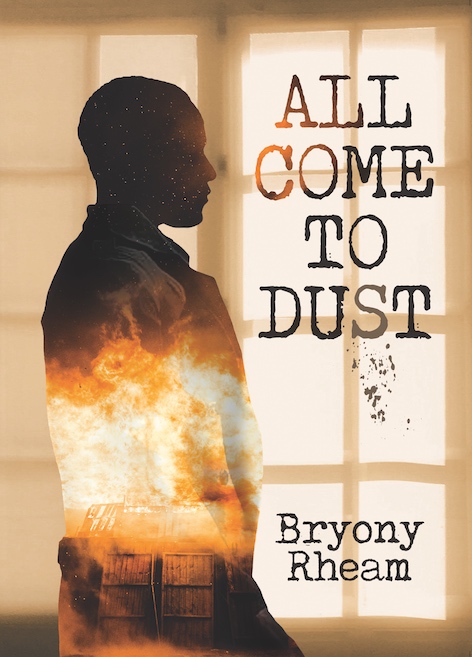
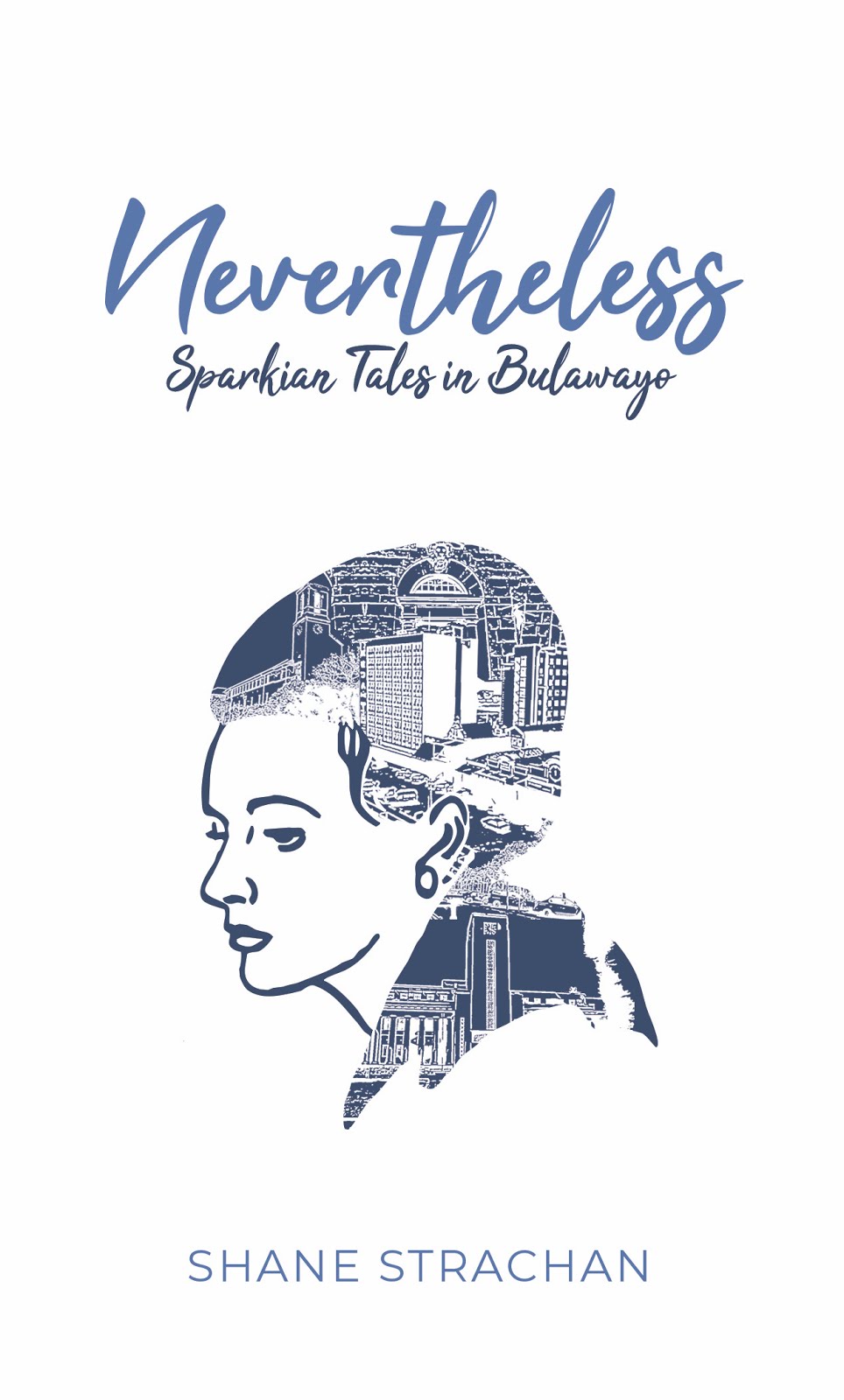





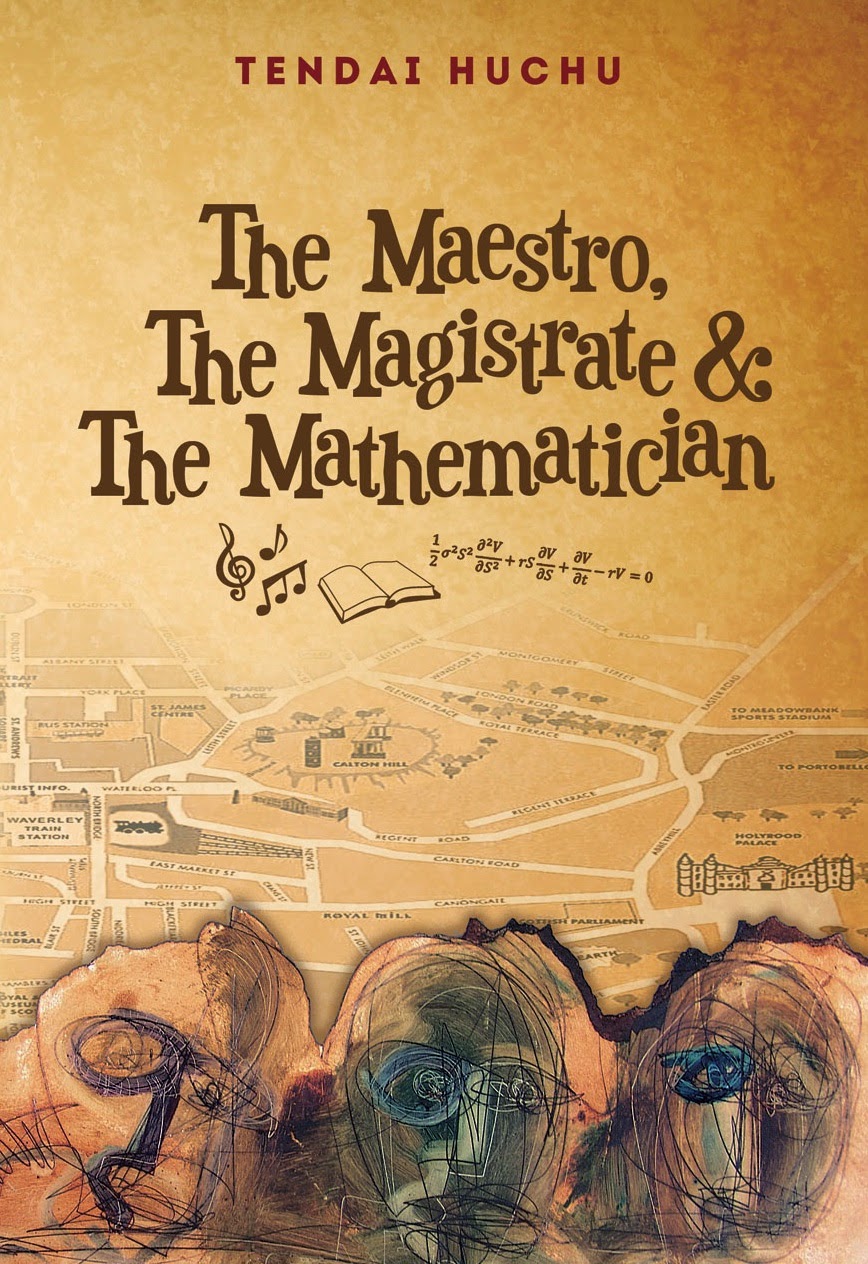
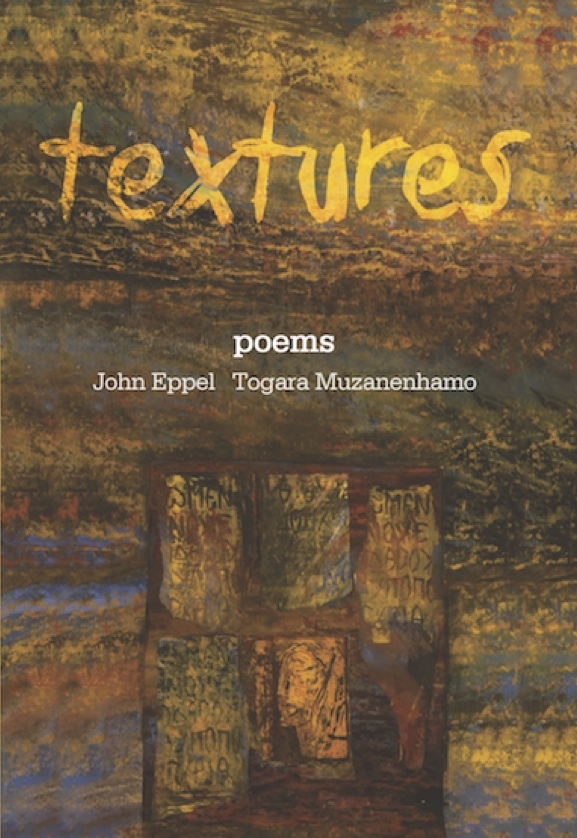
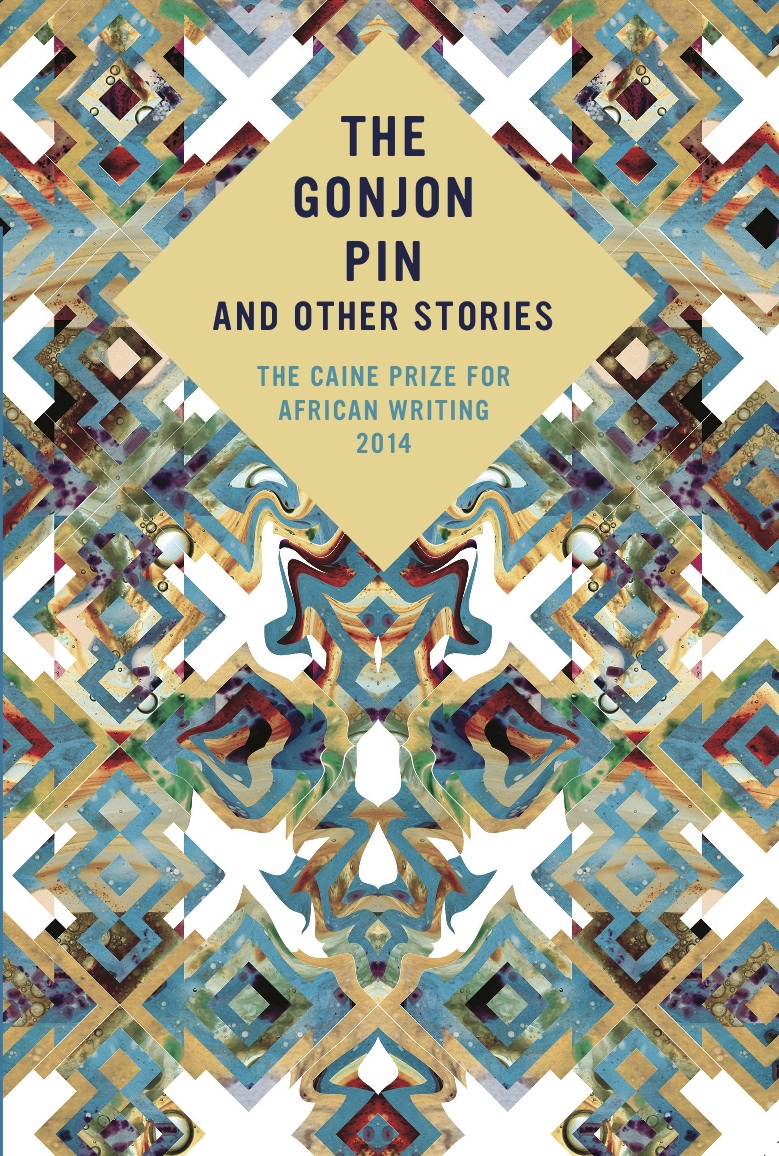
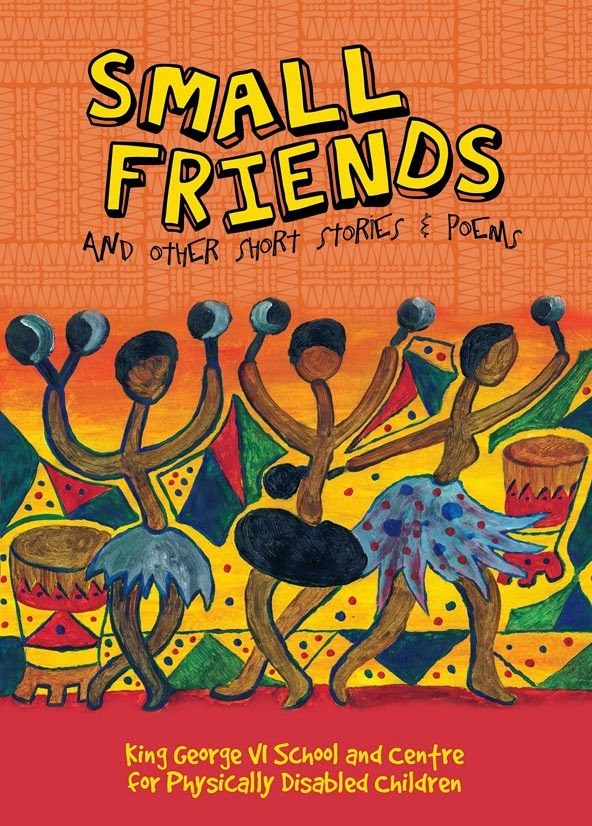
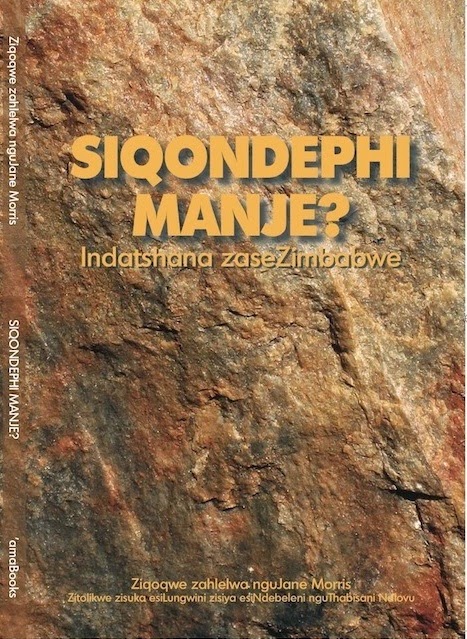
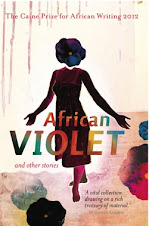

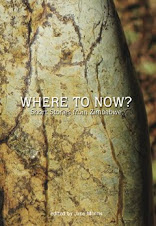
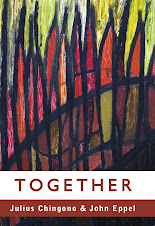
.jpg)

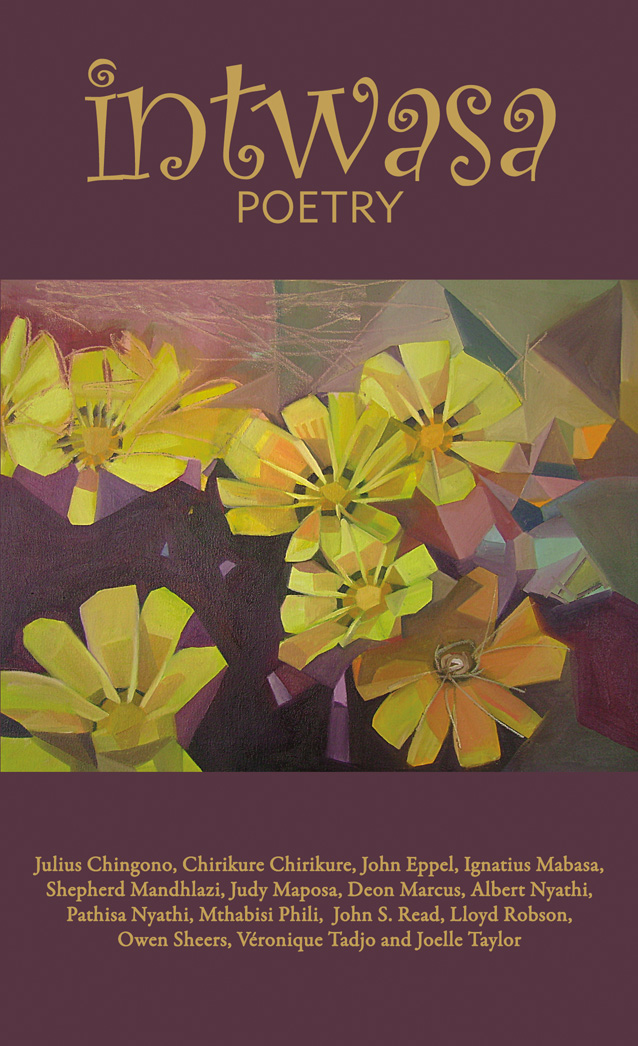


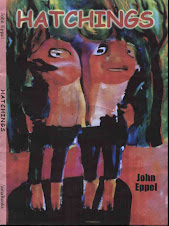













.jpg)




